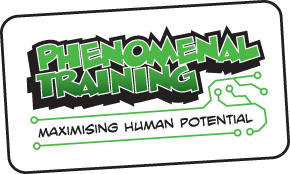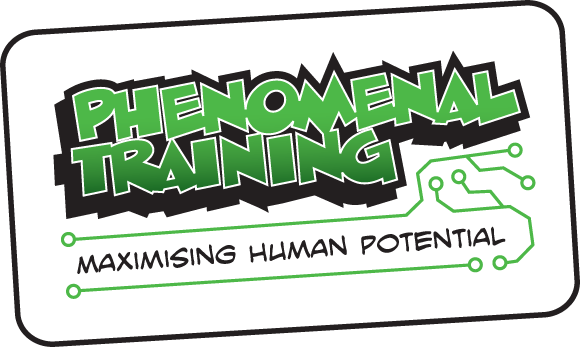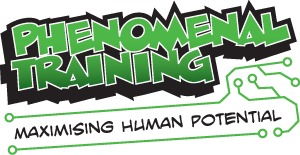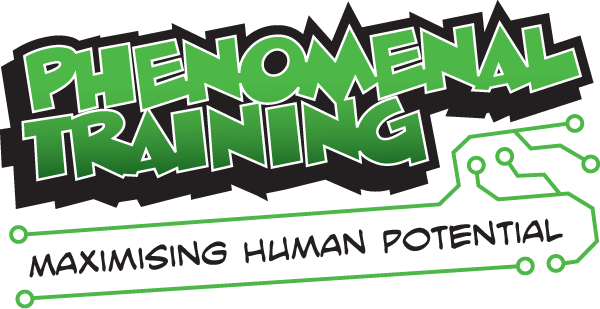With Microsoft’s racist chatbot Tay and the release of a movie with an AI-authored screenplay making international news, it cannot be denied; Artificial Intelligence (AI) is no longer a futuristic concept, it is part of our lives, and its reach and impact will likely grow exponentially over the coming decade.
Pretty sexy, scary, fascinating stuff right? Hooked since attending a lecture on consciousness and robots at Latitude Festival last summer, I have discussed for hours the many impacts and implications of AI on everyday life with my friends, colleagues, clients and unsuspecting strangers ranging from midwives, priests and CEOs. In the press there is a myriad of opinions and attitudes, currently dominated by the science and tech media, and so not hugely accessible. Writing this in mid-2016 I believe we are at a crucial stage in shaping how we humans view, use and interact with AI.
My work as a culture change facilitator/consultant brings me into contact with senior managers and leaders from a broad range of industries. I have recently conducted some informal field research into their opinions on the essential leadership skills that the typical workplace will require over the next 5 years in order to thrive. Three skill-sets have emerged:
#1 Emotional intelligence (the ability to handle your triggers and connect with others)
#2 Personal resilience (the ability to handle and thrive during pressure)
#3 Quality thinking (the ability to think-through and solve complex problems)
All three require time and space, with often the breakthrough “Eureka!” moments happening by chance rather than design. These two precious factors are typically in short supply within the busy machine-like operation of a workplace. With work-related stress on the rise, output demands increasing year on year, this begs the question: how will workplaces need to adjust to ensure people are able to be human amid the pressure?
Be honest, when did you last allow yourself half an hour to exclusively sit and think on a problem at work? Reflect back on your year so far: how much of your work has become repetitive (indeed robotic) due to relentless pace and pressure? If you are in a management: how easy is it for you to prioritise and protect face-to-face time with your team? (Or have your individuals become drones?…)
Back in 2004 the ever-divisive Google protected this time and space to develop human potential with their 20% policy:
“We encourage our employees, in addition to their regular projects, to spend 20% of their time working on what they think will most benefit Google. This empowers them to be more creative and innovative. Many of our significant advances have happened in this manner.”
Larry Page and Sergey Brin, Google founders, 2004
However, this approach was considered too scattershot for a company that had outgrown its original fast-moving experimental business model. In 2012 the company started replacing the 20% policy with “a more focused approach to innovation”. I wonder how the Google employees felt about this change?
I consider the skills of emotional intelligence and personal resilience as a vital partnership for an effective manager in an increasingly automated and algorithmic-led workplace. In his 1995 book Emotional Intelligence: why it can matter more than IQ, psychologist Daniel Goleman described EQ as being aware of how you are feeling and being able to handle those feelings without becoming swamped (personal resilience); being able to motivate oneself to get jobs done; being creative and performing at one’s peak; sensing what others are feeling; and handling relationships effectively. All stuff that robots, as yet are unable to execute as well as us humans.
If…we have the time and space to do it.
My call to action would be to do what you can now to protect the time and space in your job to cope, feel and think clearly to optimise your human edge in your (and your team’s) work. If you are in a position of influence, consider what needs to be protected soon to ensure optimal human performance; mediocrity will become automated out.
The robots are coming; look busy!
Laura x
If you think you need some support in building a human-friendly workplace, you can enhance your EQ and upgrade your humanness at a WishFish workshop on emotional intelligence and personal resilience. Please email Gail (she’s human) on info@wishfish.org.uk for more information.
[wp_sitemap_page only=”page”]





Leave A Comment